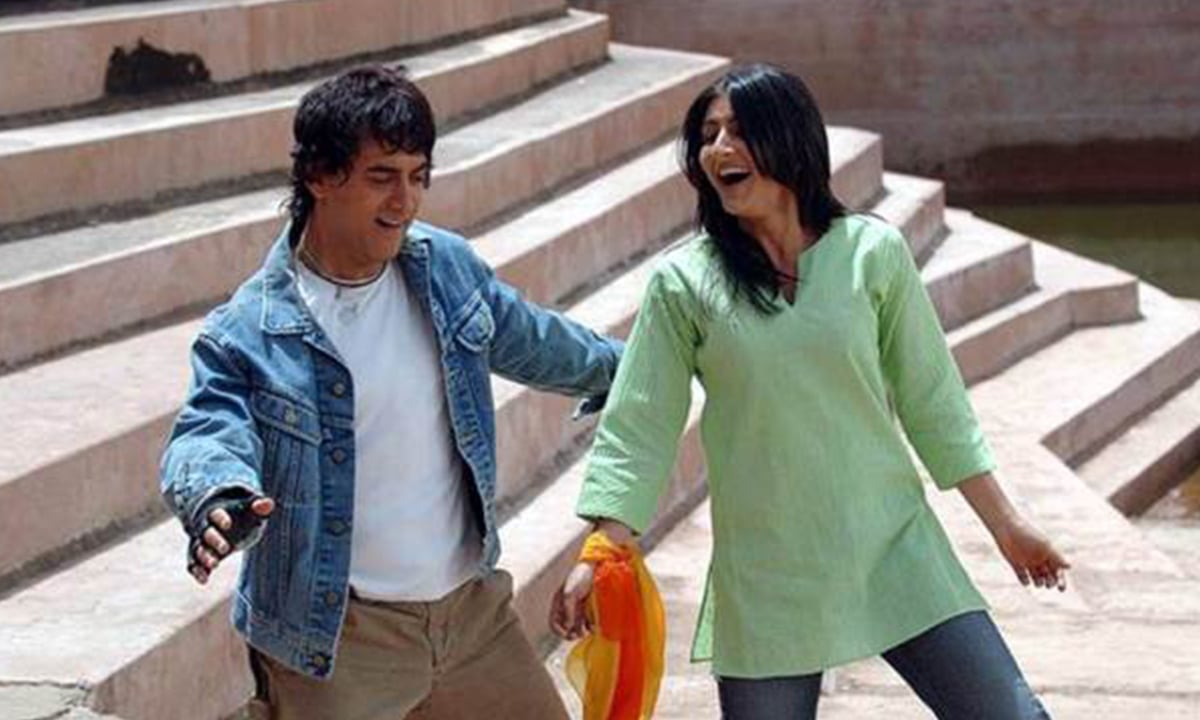
Soha Ali Khan’s The Perils of Being Moderately Famous, written by the youngest daughter of silver screen royalty Sharmila Tagore and Nawab Mansoor Ali Khan Pataudi, is neither a sordid tell-all airing the Khan family's dirty laundry, nor is it a meaningful excursion into the world of Bollywood glamour and folly. It is also not about the hard work that goes into being a ‘working actor’. It is, essentially, a sanitised, over-edited, and frankly pointless book.
Khan admits as much, telling us she doesn't really know why she's writing this book and doesn't really know where it's going, but that she wants to be "relevant enough to be discussed" (it can’t be easy, after all, being Kareena Kapoor’s sister-in-law if fame is what you’re after). If you weren’t paying attention to Khan before this, there is no need to start now unless you’re in a giving mood.
That said, if this space of pointlessness had to be taken up by anybody, I'd rather it be by a woman with a disarmingly self-deprecating sense of humour than, say, some super hardcore Homeboy Romeo who writes with unexamined prejudices about whores and drugs in an attempt to be more Bukowski than Bukowski. Khan is surprisingly charming, if a little superficial, as she takes us through the highlight reel of her life — the ancestry (her mother Sharmila was related to Rabindranath Tagore), the college years, the travel adventures, the dating shenanigans, the One, and, finally, the baby.
This is not to say she doesn’t have her tone-deaf moments. Early on in the book she insists that there was "never really a sense of being flush with wealth" while growing up. In the same breath, she talks about her dad’s jaguar (“PAT1”) and maids laying out freshly laundered clothes every morning, and waxing nostalgic over her could-have-been title of “Nawabzadi”. She also later mentions annual six-week vacations to London. Still, Khan has the grace to acknowledge more than once the opportunities and experiences open to her because of her family connections and background.
Khan speaks most affectionately of Rang de Basanti and Khoya Khoya Chand as her favourite films, for different reasons. The first brought her credibility as an actor, and had a far-reaching impact on people (called the ‘RDB effect’ apparently, where people felt they could fight for justice).
The second was the most challenging role for her, and she briefly mentions months of preparation to ‘get into the skin of the character’. The trouble is, Khan gives us very little information on how she prepared for the roles, what the process was like, what kind of adventures happened on- and off-set, how she grew personally and professionally during all of this. I suppose that level of substance might unnecessarily weigh down Khan’s twittering flight of fancy.
There are a couple of other little nuggets in this book, mostly related to her mother, which may make you think her mother should have written a book. One that stood out comes up in the fourth quarter of this smooth, pacy, family-friendly romp. Khan is getting ready to go off to Balliol, and her mother sits her down for an all-purpose chat. Including a sex talk, where her mum, refreshingly, says it’s alright to have sex without getting married, and that sex can create a sense of emotional intimacy that is not as real as it feels. “…‘You may think you’re in love but you may not be.’ Those three sentences seemed to take the wind out of her and I thought for a second she was going to cry but she got up, straightened the bedcover and said, ‘You’re also going to have to learn to make your own bed.’”
Wait, what? Took the wind out of her? Why? She didn’t actually love her husband? They got married because of sex-feelings? Was there someone else, an old flame, a memory kept alive by the air in her breath? Did Khan ask? What’s the lowdown on the fam here, Khan?
There are other moments that stand out: a naked run through a desert, blindfolded tourism of Paris, a mean text actually sent to the person it was about, pregnancy, attempted burglary, born-again Christians, and so on. But by the time I sat down to review this book a week later I’d already forgotten most of what happened and had to re-live the ordeal of reading it (albeit with faster page-flipping this time).
If you’re looking for a funny, autobiographical book written by a female actor, I’d recommend Bossypants by Tina Fey. If you’re looking for a book about the struggle for normalcy in an actor’s life, maybe you could try Little Girl Lost by Drew Barrymore. If you’re looking for something light and intermittently amusing, maybe a palate-cleanser between your Rankines and your Solnits, or a counterpoint to Austenistan, then The Perils of Being Moderately Famous isn’t terrible. I wouldn’t recommend it, but it’s not awful, in case a copy of it found its way into your hands.










